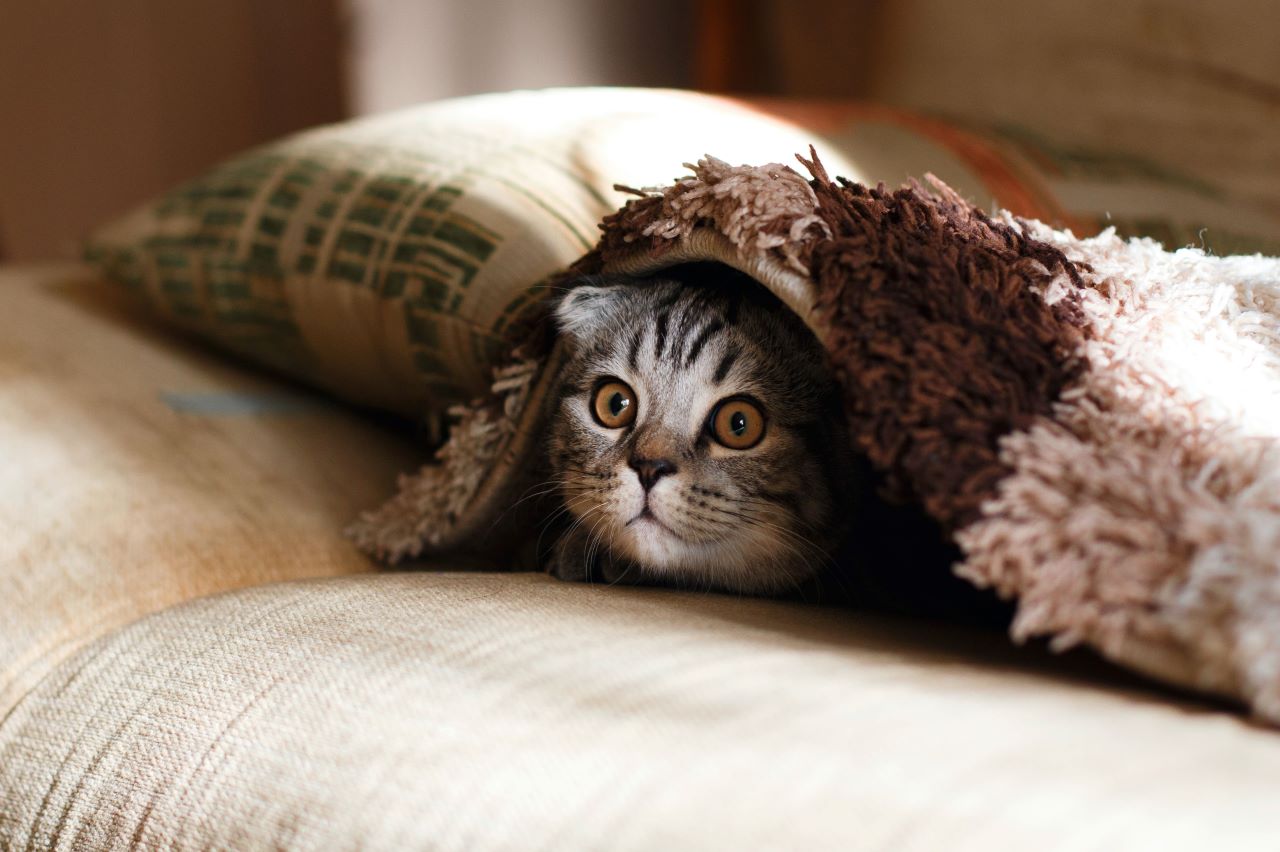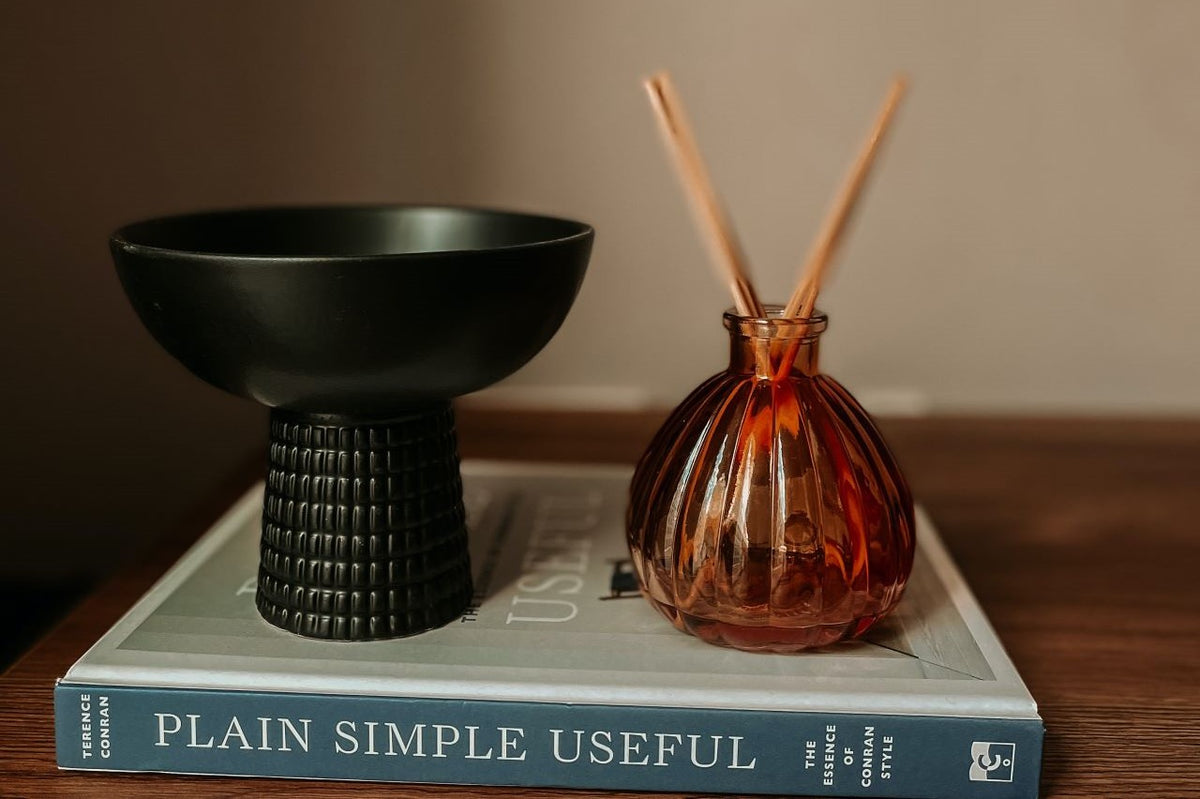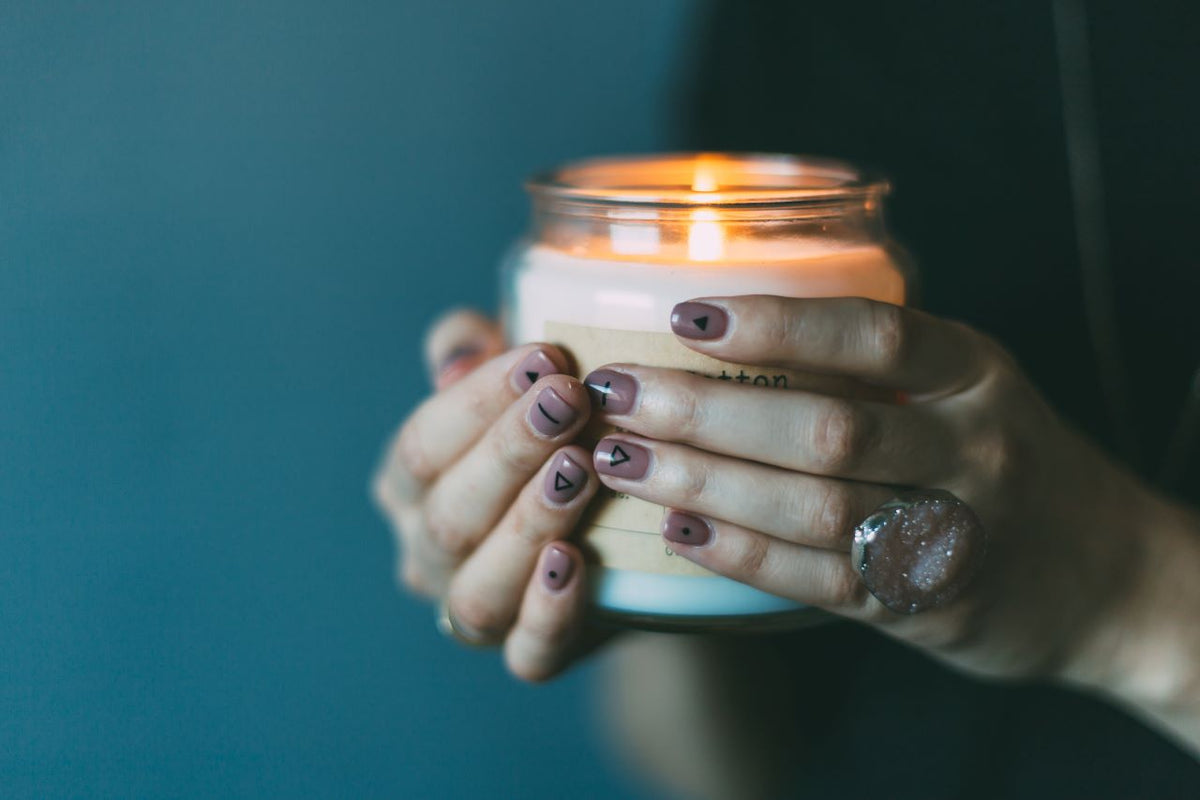What Reed Diffusers Are Safe For Cat?

Essential oil diffusers can be a great way to freshen up a room or add a pleasant and constant aroma to your home, but it's important to be mindful of the potential risks to your furry friends.
What is a reed diffuser
First, let's define what a reed diffuser is. A reed diffuser is a type of air freshener that uses reeds to disperse essential oils into the air. The oils are absorbed into the reeds and then evaporate into the air, providing a continuous fragrance for several weeks.
Misinformation online
Despite the abundance of information available, there remains a significant amount of misinformation about the safe use of essential oils around cats. This article focuses on information collected from reputable sources and scientific research.
Avoid overall exposure rather than specific oils
There has been much discussion and strong opinions surrounding the use of essential oils around cats, with many people asking if it is safe to diffuse essential oils around them. According to Robert Tisserant, while it is true that overuse of essential oils can be toxic to humans, causing symptoms such as headaches and fatigue, the same may be true for cats. Instead of focusing on specific oils that are considered "safe" or "toxic," it is important to consider the overall exposure to the oils.
As long as there is good ventilation, essential oils can be safely diffused around cats in small amounts for limited periods of time, allowing the cat the option to leave the room if they wish. While small amounts of aromatic vapor in the air are unlikely to be harmful, it is especially important for your feline friends to avoid prolonged exposure or build-up of vapors created by devices such as ultrasonic diffusers.
The danger of ingestion or topical application
Cats lack certain liver enzymes that are important in the metabolism of many essential oil constituents and may be at higher risk of toxicity from essential oils compared to humans and dogs. One example is menthol, which has been found to be 3-4 times more toxic to cats than rats in toxicity testing (Opdyke 1976). It is not definitively known whether this increased toxicity is due to the lack of enzymes in cats, but it is a strong possibility. While this difference in toxicity is significant, it is not necessarily a huge concern. It is not advisable to expose your cat to large amounts of neat essential oils, and certain oils such as nutmeg and tea tree oil can be particularly toxic to cats. However, it is more likely that this occurs as a result of ingestion or topical application of large amounts of undiluted essential oils, rather than inhalation.
However, small amounts of most essential oils and moderate amounts of most oils should not harm your cat and essential oil reed diffusers are therefore a safe around cats as long as you follow the guidelines cited above.
Reed diffusers are the safest option
According to the blog's author, Chief Veterinary Officer Dr. Hoolahan has reported that the Animal Poisons Helpline has received several calls about small dogs and cats becoming lethargic and unsteady on their feet after being in enclosed spaces with ultrasonic diffusers for extended periods of time. This is probably because of the accumulated amount of micro-droplets that are released into the air that your cat breathes in and deposit themselves on its fur increasing the risk of ingestion when your cat grooms itself.
Conclusion
While essential oils can be a great way to add fragrance to your home, it is important to consider the potential risks to your furry friends. Reed diffusers are a safe option for using essential oils around cats because they do not release micro-droplets into the air which may settle on your cat's fur. When the cat grooms itself, it may ingest these essential oils.
Also as long as the guidelines for exposure are followed. This includes avoiding large amounts of undiluted essential oils, allowing for good ventilation, and giving your cat the option to leave the room if they wish. It is important to focus on overall exposure to essential oils rather than specific oils that are considered "safe" or "toxic." It is also important to be aware that cats may be at higher risk of toxicity from essential oils due to their lack of certain liver enzymes, and to avoid ingestion or topical application of large amounts of essential oils. With these precautions in mind, you can safely enjoy the benefits of essential oil reed diffusers in your home.

Photo credits: Photo by Mikhail Vasilyev on Unsplash
References
Tisserant R. Cats and Essential Oil Safety - https://tisserandinstitute.org/cats-essential-oil-safety/
Can I diffuse essential oils around cats? https://salvatorebattaglia.com.au/blog/160-can-i-diffuse-essential-oils-around-cats
A Scent-sitive Subject: Essential Oil Diffusers And Your Cat - https://vetmed.tamu.edu/news/pet-talk/a-scent-sitive-subject-essential-oil-diffusers-and-your-cat/
Hendley S. Essential oils and oil diffusers could be harming your pet. Downloaded on 4 April 2022 from https://www.abc.net.au/everyday/are-your-essential-oils-and-diffusers-hurting-your-pet/100107687






Nathalie Allard
Author
Nathalie Allard is an Artisan Perfumer and the founder of Petits Rituels. She’s known for creating beautiful room-transforming 100% natural fragrances with real therapeutic benefits.